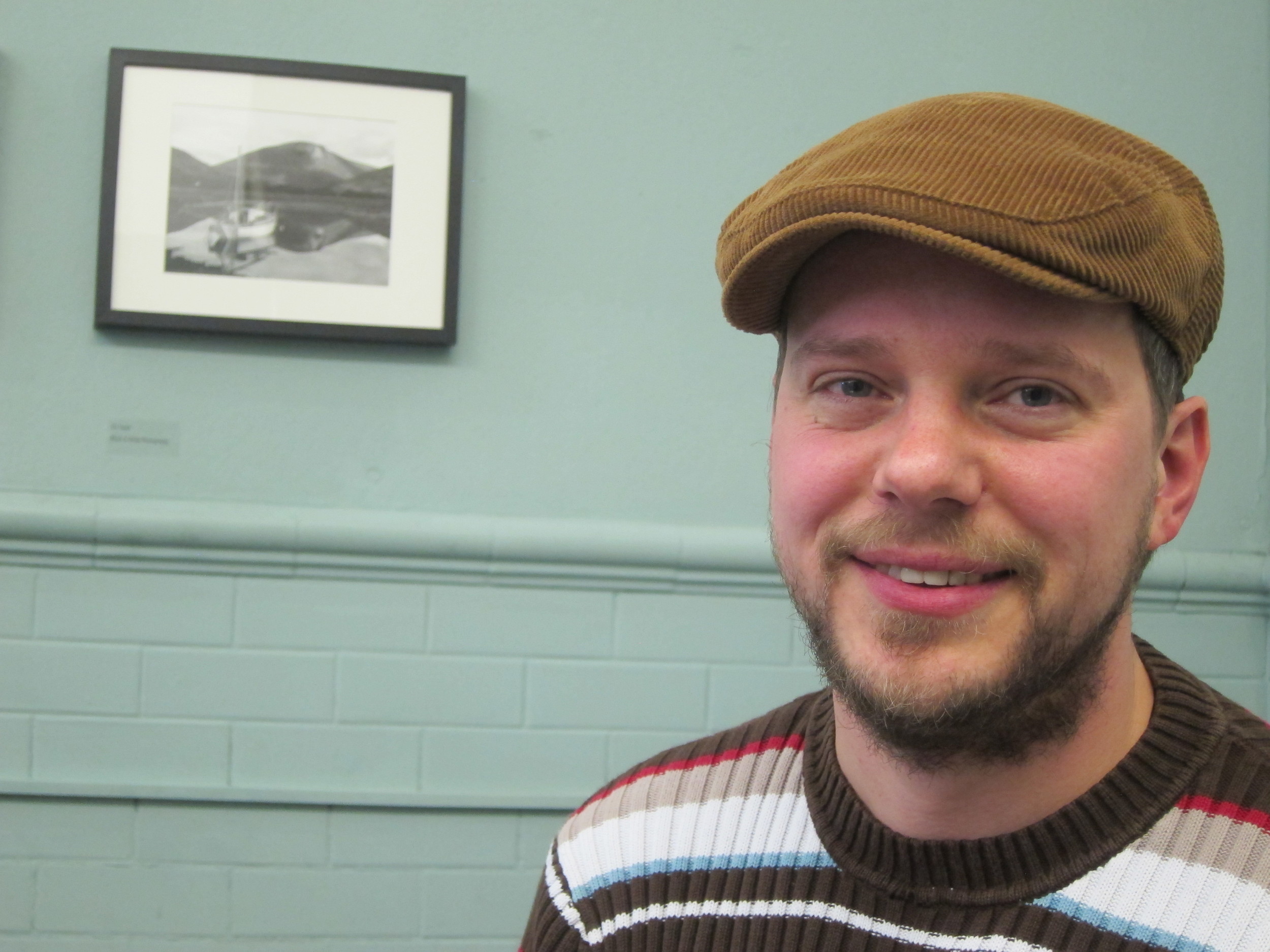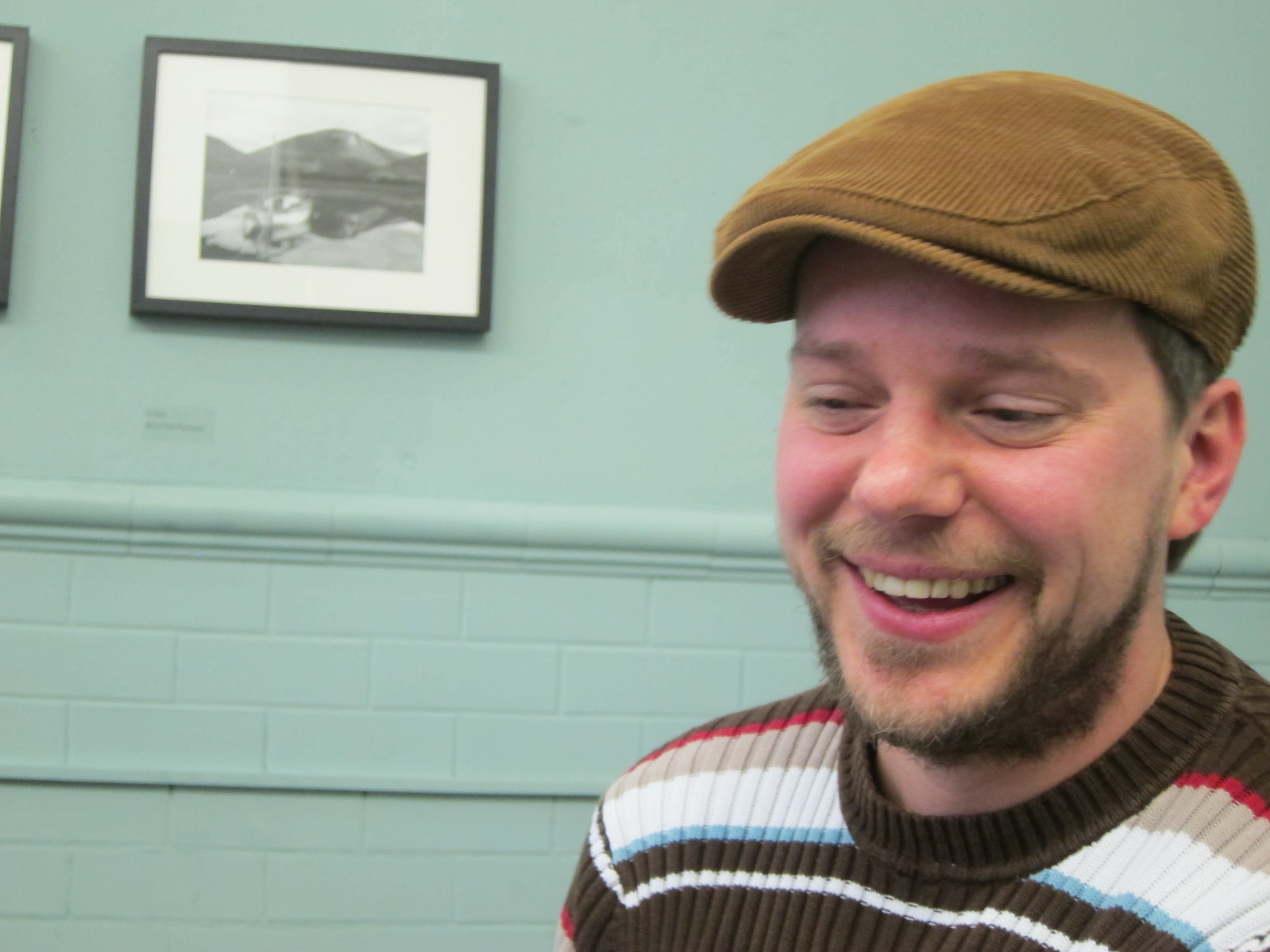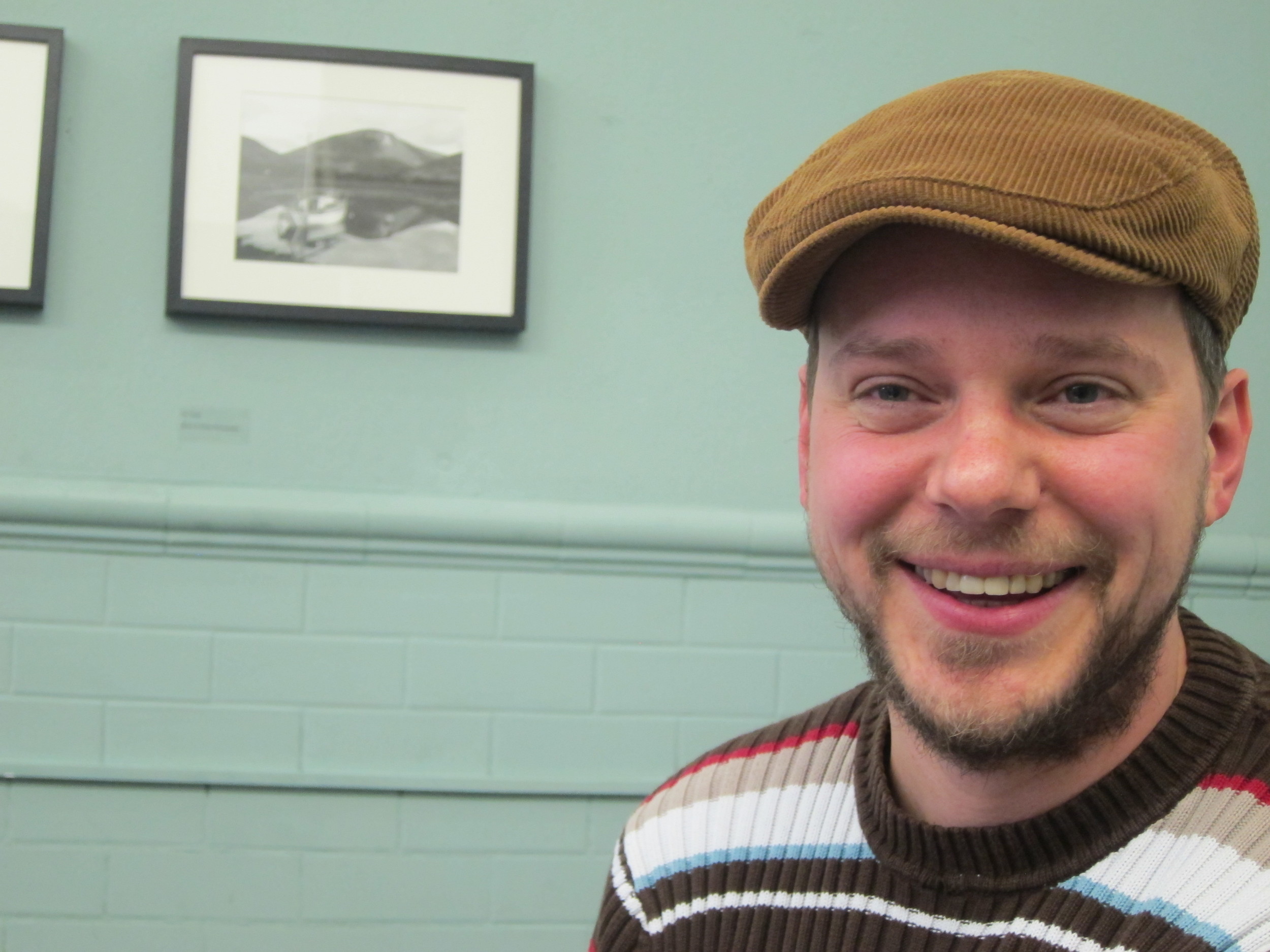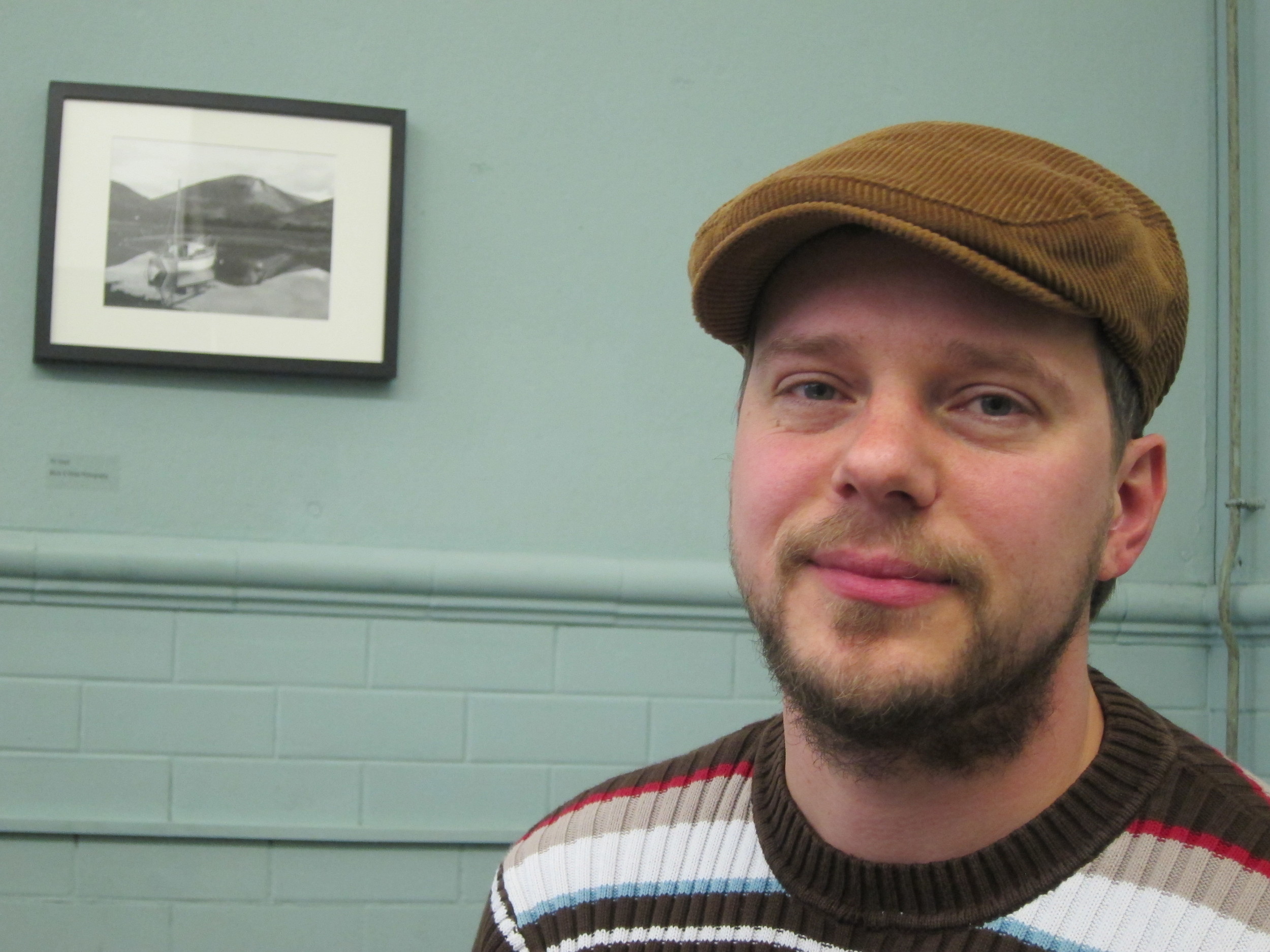European Prospects: Visual Explorations in an Undiscovered Continent is a collaborative project that uses photography and contemporary art to explore questions of identity across Europe.
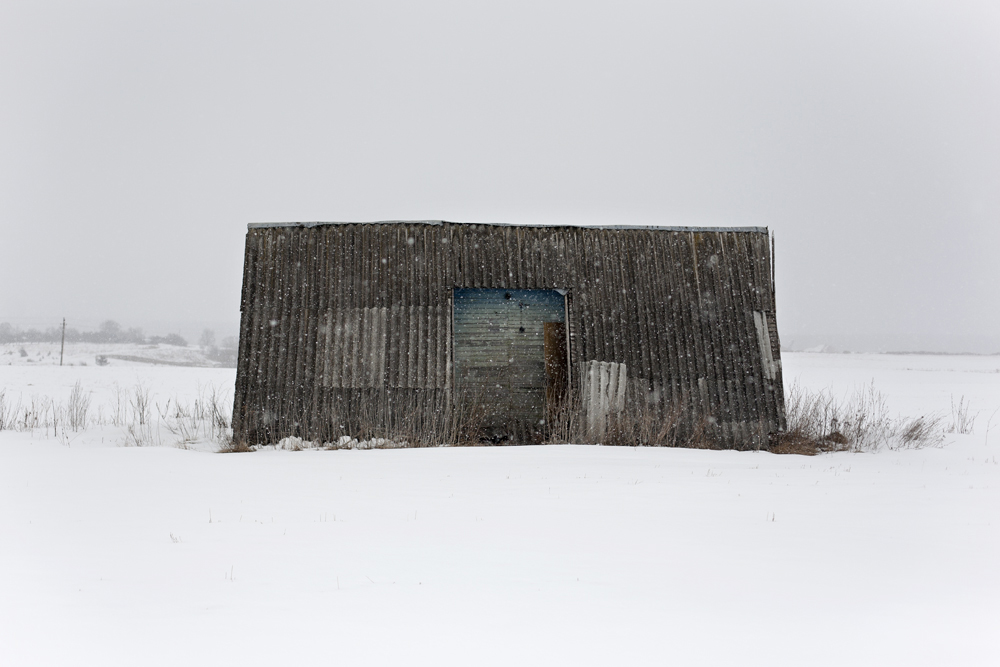
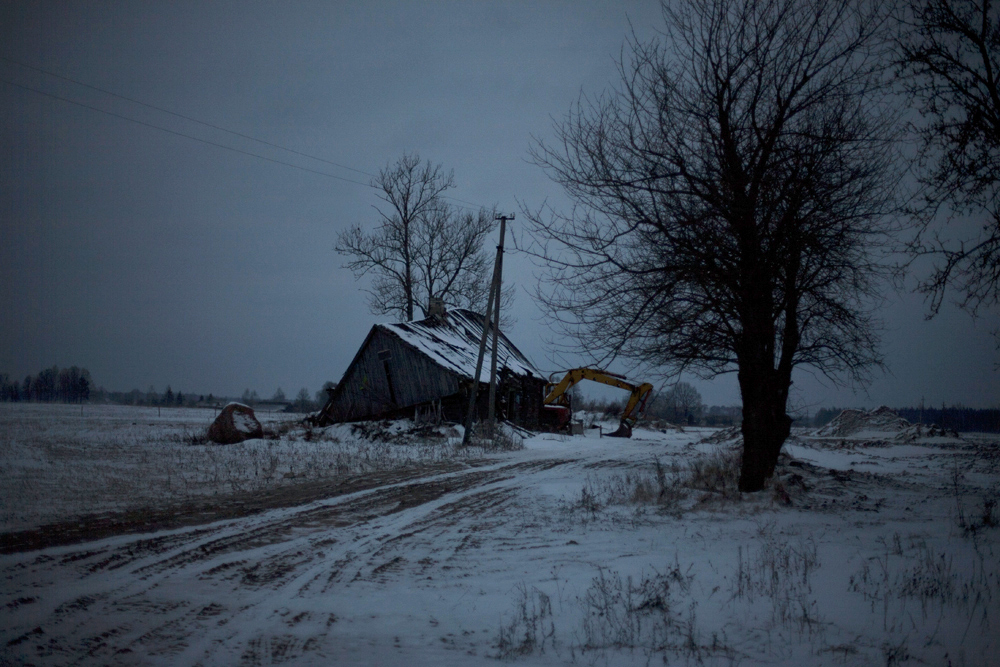

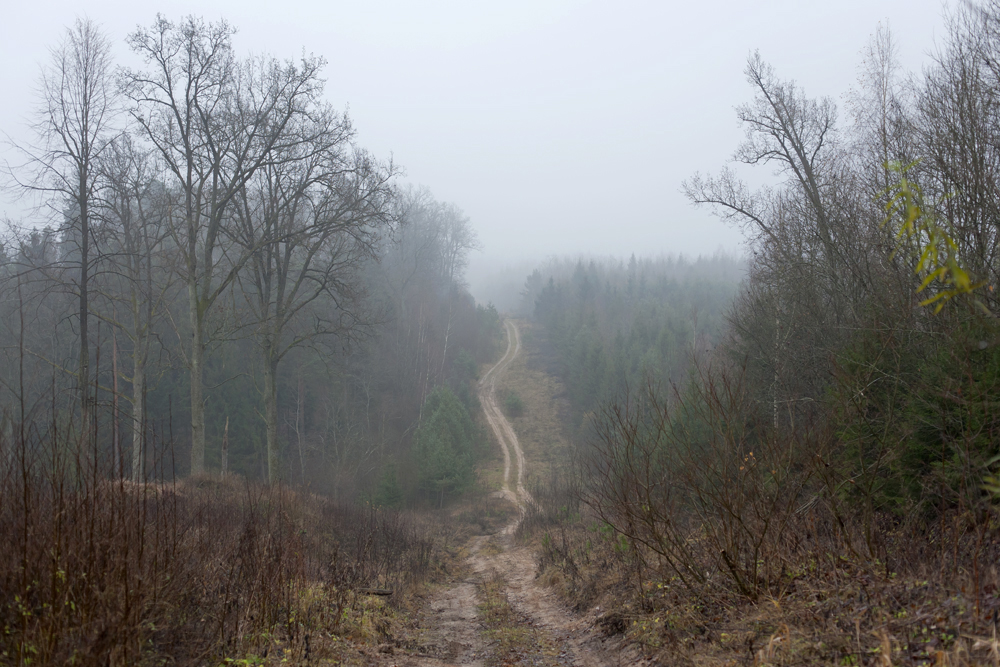
Supported by ECF, the project has brought together partner organisations from four European cities that have been through major social transformation in the last few decades: Ffotogallery, Cardiff; Fotosommer, Stuttgart; Lithuanian Photographers Association, Kaunas; and Le Château d’Eau, Toulouse. The project will receive ongoing funding through European Union Culture.
ECF's Nicola Mullenger caught up with Polish photographer and project participant Michal Iwanowski at the Ffotogallery on the eve of the European Prospects book and web launch which took place in Cardiff in March 2014.
Why did you choose to settle in Cardiff?
After studying an MA in English in my native Wroclaw, I finished an MFA in Documentary Photography at the University of Wales in Newport and decided to stay on. I felt at home here. The people are kind and welcoming and seemed less judgemental than in Poland. I came here before Poland entered the EU and I think that made a difference.
What is the driving force behind your photographic work?
It stems from seeking self-validation. I am totally terrified of death; it is something that keeps me awake at night. I don’t know why I have this but it probably comes from something in my childhood. I hate to think I will forget someone, something. I am trying to organise and prepare myself to cope with loss through my work. You can see this in Minus the Mother [who is alive] and the piece I started through the residency I did with the European Prospects project.
This is the work that is exhibiting right now in Cardiff and is called Clear of People?
Yes. I did a residency with the Lithuanian Photographers Association and decided to follow the journey my grandfather made when he escaped in the 1940s from a prisoner of war camp in Russia. He walked to Vilnius and then on to Wrocław to find his sweetheart, who later became my grandmother.
What has been the reaction from the public to your work?
The photos have accompanying text that give further meaning to the landscapes I’ve documented. Some people have actually walked out of the exhibit as they have found the description of death that happened in that region during the war too difficult. I think that is good, though. I feel it is an honest piece of work. People are still travelling long and difficult journeys, seeking refuge today throughout the world, so I feel it’s still relevant.
What are you planning to do next?
The Cardiff show will finish soon and I hope it goes on tour. Regarding new work, I am toying with the idea of walking from Cardiff to Poland. Imagine if an apocalypse happened now and you are one of the only survivors. My first reaction would be to go home to see if I could find my parents in Wrocław. But how would you get there without a plane, boat or car? Getting across the English Channel would be difficult but I am wondering if I can convince the Eurotunnel to let me walk through to the other side!
Visit Michal’s website to find out more about him and his work. Check out the newly launched European Prospects website and find out more about the new artist-in-residency schemes the project partners are launching. One new opportunityhosted by Ffotogallery in Wales, is now open for application, find out more on the details of the residency and application form, here.
Interview by Nicola Mullenger.

